Russian President Putin says those who destroy entire nations have no right to lecture us about democracy
Putin’s Strong Statement: “Those Who Destroy Entire Nations Have No Right to Lecture Us About Democracy”
In a bold and defiant statement, Russian President Vladimir Putin recently declared that those who have been responsible for the destruction of entire nations have no right to lecture Russia about democracy. This remark comes amid increasing Western criticism of Russia’s political practices, particularly in relation to its governance, human rights record, and military actions.
Putin’s comments reflect a growing sense of national pride and resistance to what he perceives as foreign interference in Russia’s internal affairs. In recent years, Putin has regularly targeted Western nations, particularly the United States and European Union members, accusing them of hypocrisy and attempting to impose their own political values on Russia.
Context of Putin’s Statement
Putin’s remark was made in the context of Russia’s ongoing geopolitical challenges, including its invasion of Ukraine, tensions with the West, and the country’s domestic political landscape. Russia’s actions in Ukraine, the suppression of opposition groups, and the curtailing of freedoms have led to widespread condemnation from Western governments, human rights organizations, and international bodies.
Putin’s response to this criticism has been consistent: he frames Russia as a sovereign nation with the right to pursue its own path, independent of Western influence. By invoking the destruction of nations, he is likely referring to the military interventions and regime-change operations carried out by Western powers in countries such as Iraq, Libya, and Afghanistan. These interventions, which many argue have led to instability and chaos in the affected regions, have been a central point of contention in Russia’s critique of Western foreign policy.
A Critique of Western Foreign Policy
Putin’s statement highlights a long-standing critique of Western foreign policy. He often points to the actions of the U.S. and its allies as evidence of the hypocrisy that underpins their calls for Russia to adopt Western-style democracy. From Russia’s perspective, the West’s military interventions in the Middle East, particularly in the aftermath of the September 11 attacks, have resulted in widespread destruction, loss of life, and long-term instability.
In countries like Iraq, Libya, and Afghanistan, Putin and other Russian officials argue that the West’s interventions, while framed as efforts to promote democracy, have instead led to the collapse of state structures, widespread violence, and the rise of extremist groups. For Putin, these examples of foreign intervention serve as a stark reminder that the promotion of democracy by force can often have disastrous consequences.
Putin’s statement also alludes to the U.S.’s involvement in overthrowing governments in countries such as Iraq, where the invasion in 2003 led to the toppling of Saddam Hussein’s regime. The aftermath of the invasion saw the country plunged into sectarian violence, instability, and the rise of extremist groups like ISIS. Similarly, the NATO-led intervention in Libya in 2011, which helped oust Muammar Gaddafi, resulted in the country’s fragmentation, chaos, and the rise of militias.
From Russia’s viewpoint, these interventions have only reinforced its skepticism about the West’s commitment to promoting true democracy, casting doubt on their intentions when they lecture other countries about human rights, governance, and democratic processes.
Putin’s Vision of Russian Sovereignty and Democracy
While Putin’s remarks are undoubtedly a critique of Western policies, they also speak to his vision of Russia’s future and its approach to governance. In recent years, Putin has increasingly emphasized the idea of Russian sovereignty—arguing that Russia, like all nations, has the right to determine its own path without outside interference. This includes shaping its political system according to Russian values, traditions, and the historical experiences that have shaped the country.
Under Putin’s leadership, Russia has taken a more assertive stance on the global stage, rejecting calls for greater political openness and democracy that have been championed by the West. The Russian government has introduced measures to stifle opposition, suppress media freedom, and curtail civil society’s influence in an effort to maintain political stability and control. Critics argue that these actions are indicative of an authoritarian regime, but Putin insists that Russia is pursuing a unique form of governance that works for its people and respects its history.
Putin has also positioned Russia as a counterbalance to Western influence, advocating for a multipolar world order in which no single power—especially the U.S.—dominates global affairs. This vision of a world where countries can pursue their own development paths, free from foreign interference, is central to Putin’s foreign policy rhetoric.
The Reaction to Putin’s Statement
Putin’s remark is unlikely to go unnoticed in the West. Many Western leaders, particularly in the U.S. and Europe, have long criticized Russia for its human rights record, its treatment of opposition figures, and its lack of political pluralism. Critics of Putin argue that Russia’s political system under his leadership is far from democratic, pointing to the lack of meaningful political competition, the imprisonment of political opponents like Alexei Navalny, and the state’s heavy control over the media.
For example, the 2021 poisoning of Navalny, a prominent opposition leader, and his subsequent imprisonment, generated widespread international outrage. The West has also condemned Russia’s crackdown on independent media and civil society organizations. Critics argue that these actions contradict the very principles of democracy that Putin claims to defend.
At the same time, Putin’s statements resonate with a significant portion of the Russian population, particularly those who view the West with skepticism and resent their country being lectured by foreign powers. Many Russians see their country as having faced numerous challenges, including the collapse of the Soviet Union, economic hardships, and foreign interventions, and they view Putin as a strong leader who has restored Russia’s national pride and global stature.
Putin’s rhetoric is particularly effective among those who feel that the West has not shown enough respect for Russia’s history, culture, and sovereignty. By positioning Russia as a victim of Western hypocrisy, Putin taps into a broader sense of nationalism and anti-Western sentiment that has grown in Russia over the years.
The Global Implications
Putin’s latest comments on democracy also speak to a broader geopolitical struggle between the West and Russia. The war in Ukraine has only intensified these divisions, with Russia facing increasing sanctions and diplomatic isolation from the West in response to its invasion. As the conflict continues, both sides are likely to double down on their positions, with Russia framing its actions as a defense of national sovereignty and Western powers arguing that Russia’s aggression is a threat to global peace and stability.
The question of democracy is central to this struggle. While the West continues to advocate for democratic values, human rights, and political freedoms, Russia’s government—under Putin—has embraced a different model of governance. Putin’s leadership is marked by centralized control, limited political freedoms, and an authoritarian style, which contrasts sharply with the Western emphasis on liberal democracy and free-market capitalism.
However, Putin’s statements are also a reminder that the global discourse on democracy is far from one-sided. Many non-Western countries, including those in Asia, the Middle East, and Africa, view democracy through different lenses. For some, the Western model of democracy is not a universal ideal, but rather a system imposed by foreign powers that often serves their own strategic interests.
In Conclusion
Vladimir Putin’s assertion that those who have destroyed entire nations have no right to lecture Russia on democracy encapsulates his broader message of defiance toward the West. It highlights the deep divide between Russia’s vision of sovereignty and the Western ideals of governance. While the West continues to criticize Russia’s human rights record and lack of political freedoms, Putin frames his country’s path as one of independence and self-determination.
The remark also underscores the increasing polarization of global politics, where issues of democracy, sovereignty, and interventionism are at the forefront of international debate. For Putin, the West’s record of military interventions and regime changes serves as a potent reminder of the dangers of foreign interference, and it strengthens his position that Russia has the right to govern according to its own priorities, free from external pressure.
As tensions between Russia and the West continue to rise, the clash over differing visions of democracy and governance will likely remain a central theme in international relations. Putin’s remarks reflect a broader geopolitical struggle, one that raises fundamental questions about the balance of power, national sovereignty, and the role of external actors in shaping the future of global democracy.
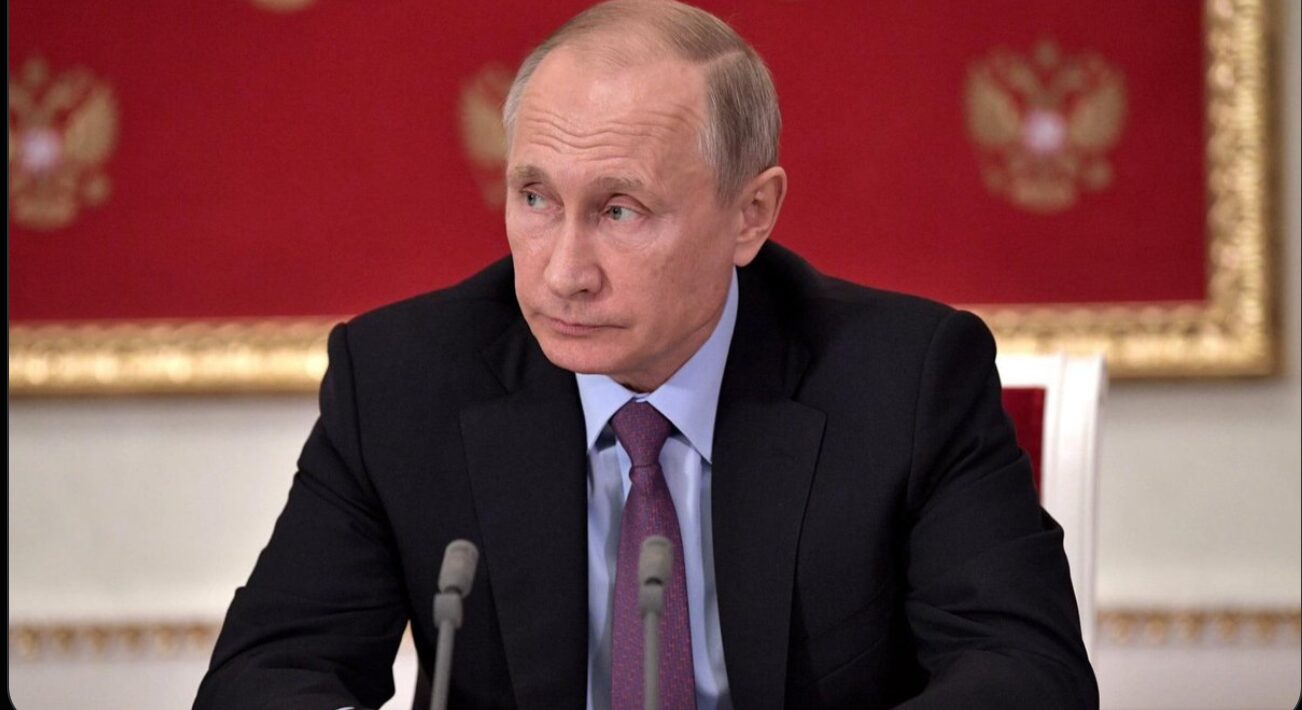
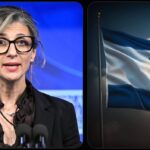
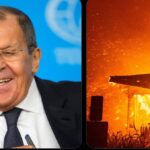
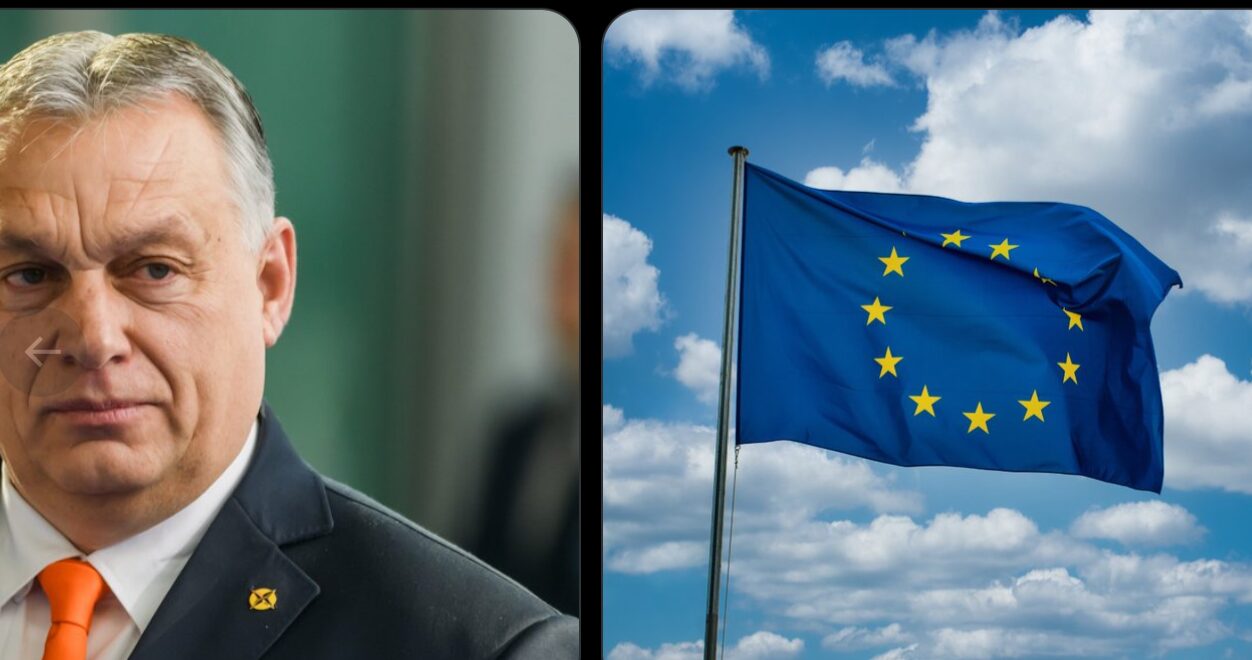
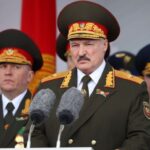
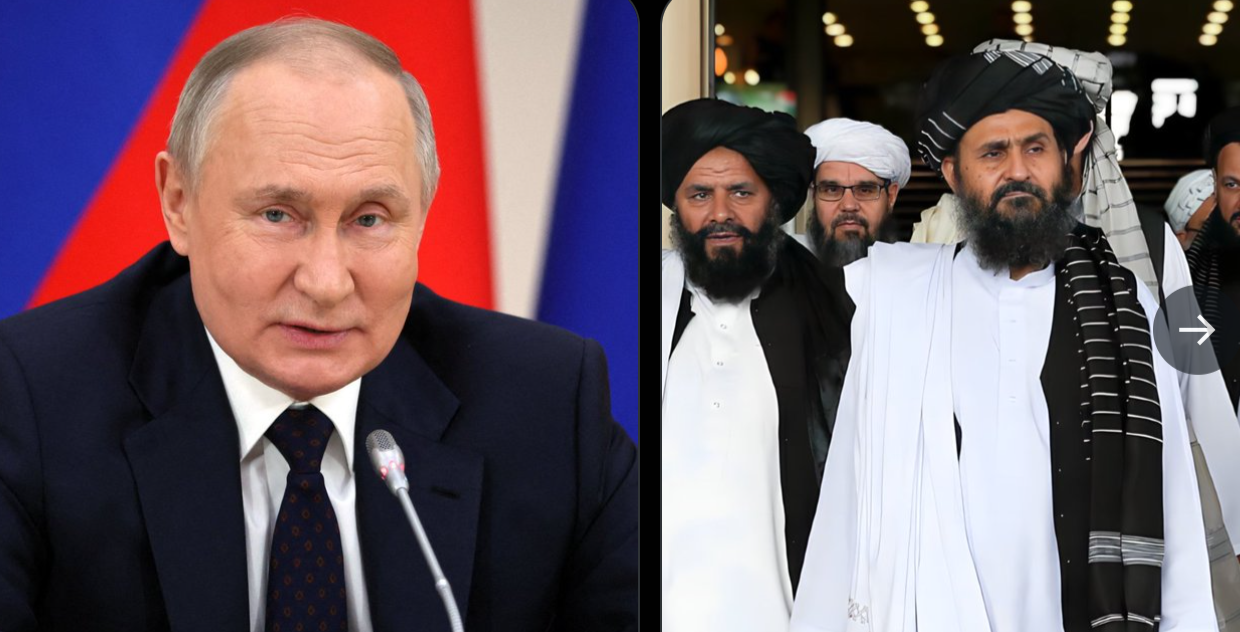
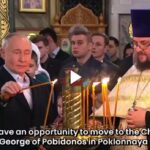
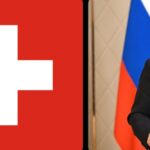
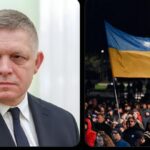








Post Comment